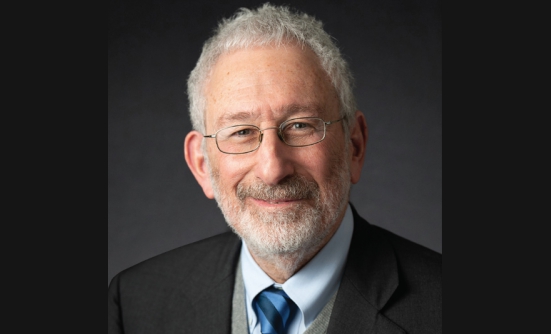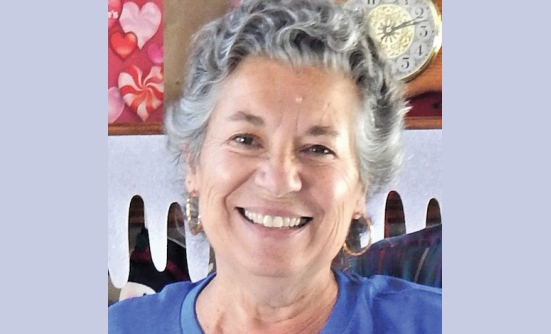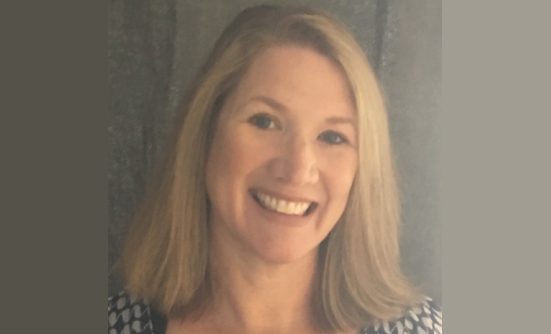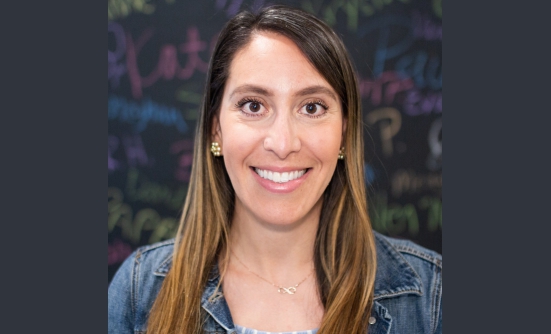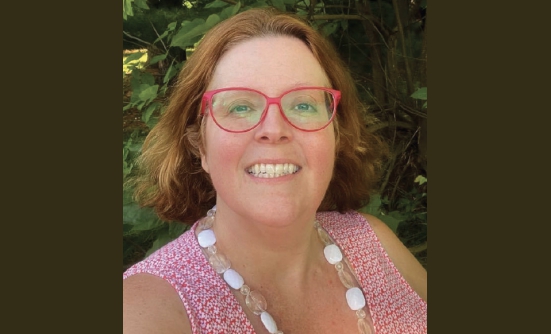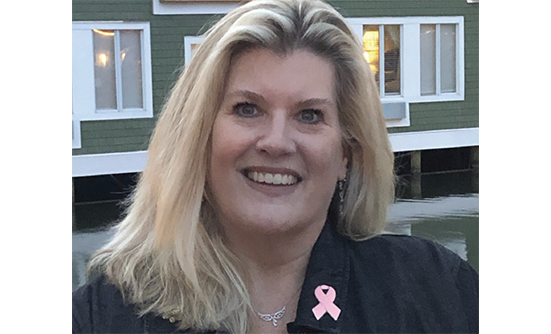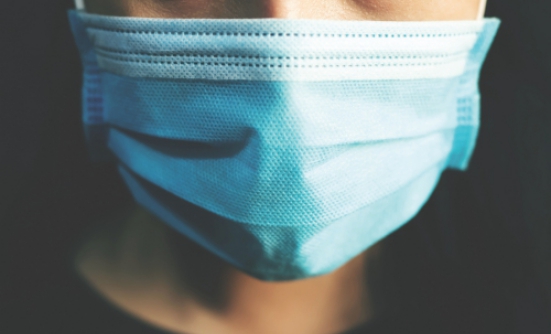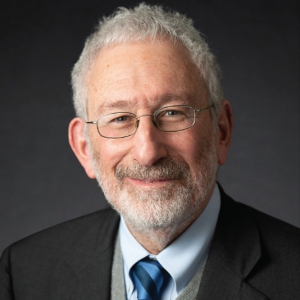
When the pandemic began to take hold of the United States in early 2020, fear was everywhere. As we have learned more about COVID-19 and how it spread, many people felt safest staying home. Initially, the benefit of delaying a doctor’s appointment for a few weeks or months outweighed the risk of possible exposure.
Many doctors recognized early in the pandemic that their patients needed to have access to care and implemented telemedicine to fill the gap. Many patients have been receptive to virtual visits, with some even wishing it would remain the norm. However, there are many routine tests that can help detect cancer at an early stage that must be done in person, such as Pap smears and mammograms for women, and prostate exams for men.
Missing a single screening appointment is unlikely to have a major impact on your health. But we are at the point now where many people could be delaying screening for a second time, and with no clear end to the pandemic, continuing such delays can be problematic.
With the approval of COVID-19 vaccinations and a better understanding of how to safeguard patients returning to doctors’ offices, the risk of delaying doctor visits may now be outweighing the benefits.
Delays Could Cost Lives
In a 2020 editorial, Norman E. Sharpless, MD, Director of the National Cancer Institute, said that over the next decade there will be 10,000 preventable breast and colorectal cancer deaths because of pandemic-related delays in cancer diagnosis and treatment.1
This will very likely carry over into other types of cancers, especially those that can be detected early through various screening tests.
Some people may question the importance of cancer screening when they have no symptoms, but that is exactly the point of screening—to catch the cancer early, when it has no signs or symptoms, and when it can still be treated and often even cured. In some instances, just being at a certain age, or a certain gender, or having a family history of cancer related to certain gene mutations can increase your risk for some cancers.
In fact, many large cancer centers are already seeing the impact of delayed screening, with more people finding out that they have cancer that is already at an advanced stage, when treatment is more of a challenge. This situation may reverse the trends we have seen over the past several decades of people being diagnosed with earlier stages of cancer, much of it thanks to screening or being aware of potential symptoms.
Despite encouraging numbers illustrating the recent return of some routine cancer screenings after an alarming drop over this past year, there is no doubt that the pandemic will have a lasting impact on cancer care and on patients, in terms of untreated or undetected cancers. Although the data are still evolving, we know that delaying cancer screenings can lead to increased rates of advanced-stage cancer, and death.
Misinformation & the HPV Vaccine
In my area of research, which is gynecologic malignancies (such as ovarian or cervical cancer), routine screening, and in the case of cervical cancer, getting the HPV vaccine, can clearly save lives. Delays in HPV vaccination may not be directly tied to the pandemic and the movement against vaccination, but over the next decade, HPV vaccination can substantially decrease a woman’s risk of cervical cancer or a man’s risk of head and neck cancer, as well as anal cancers in both sexes. The cancers can be prevented by the HPV vaccine.
The spread of misinformation around vaccines brought to light by the COVID-19 pandemic is profoundly concerning. To correct distortions about vaccines, it is critical that local, regional, and national public health authorities provide reliable and up-to-date information, and that healthcare providers help to ensure that all adults know where to find this information.
Treating a patient with stage IV cervical cancer, which I’ve had to do far too many times in my career, and knowing that it could be prevented—not even just found early, but completely prevented—is a very sad situation.
I am concerned that we are going to see the negative impact of this misinformation over the next 5 to 10 years, and I urge you to get back on track with your cancer screening and prevention through vaccinations.
Getting Back to Normal
The vast majority of medical organizations are doing their best to ensure the safety of people who are coming in for cancer screening.
Many safeguards are being used, including wearing masks and encouraging or requiring vaccinations, so everyone can feel safe about not being exposed to anyone with COVID-19 when coming in for screening and in-person examination and testing.
It is time for us to resume cancer screenings, and to get back to the routine that we know has been helpful in improving cancer outcomes and reducing cancer-related deaths.
Reference
- Sharpless NE. COVID-19 and cancer. Science. 2020; 368:1290. doi: 10.1126/science.abd3377.





